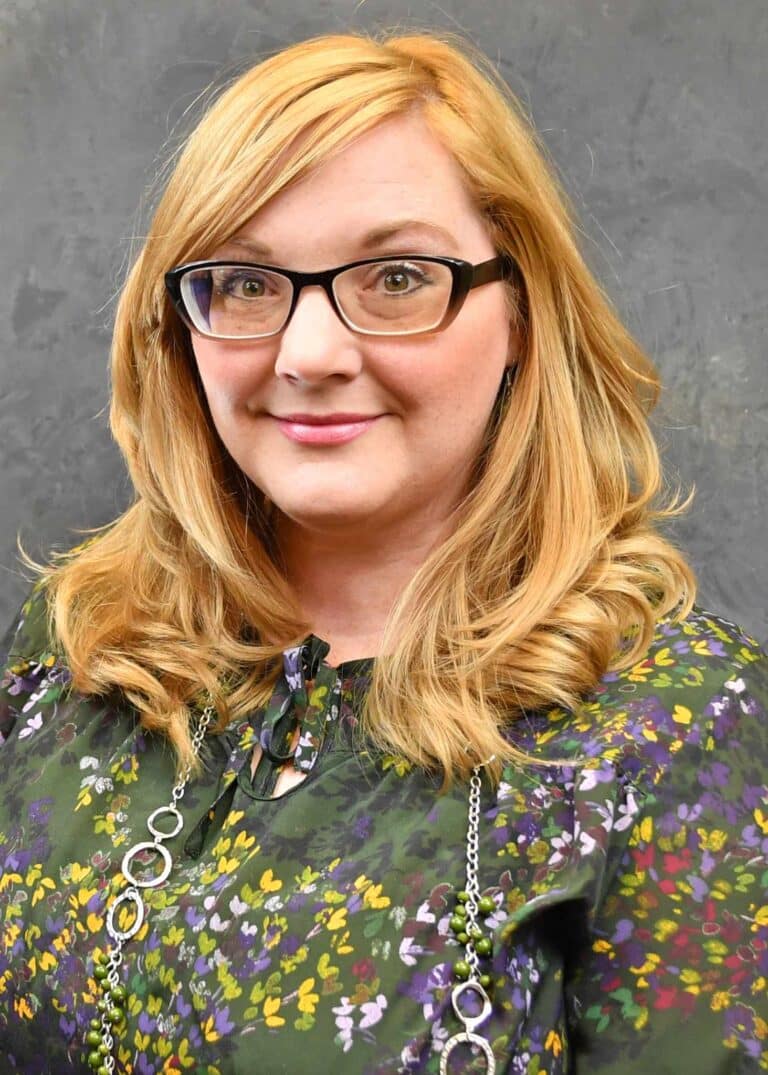By Tabitha Bozeman
April is National Poetry Month and I’ve often proclaimed my love of it. But my love of poetry is less about sounding fancy and more about dialing into the little things that make life good and beautiful. The good and the beautiful often look different to different people and the definition of poetry varies.
The oldest known examples of poetry were attempts to remember information that was important to families and cultures. Poetry was put to music and became songs. Some of the oldest known poetry is in the form of hymns. Once the printing press came to be and literacy rates increased, poetry was a means of entertainment. Many people memorized poems in school or had Mother Goose poems read to them at bedtime.
I remember watching the Megan Follows set of Anne of Green Gables movies as a kid and reading all the books in the series. One of the most impressive things about Anne to the young me was her ability to quote and recite so much poetry. My favorite scene was when Anne and a friend decided to act out one of her favorite poems. She put her in a canoe then floated her down the river. The canoe sprang a leak and she was left holding on under the bridge. I loved this episode because of her impracticality and refusal to be embarrassed by her love of poetry, and decades later, I still think of it whenever I see the John William Waterhouse painting “The Lady of Shallot.” It reminds me of Anne reciting “The Lady of the Lake” by Sir Walter Scott. That Anne adventure was the height of romantic comedy for the 12-year-old me, and it sparked my interest in poetry.
As I went through school, we often studied poems that had very specific structure and topic requirements, and I began to lose interest. It was for babies, children’s bedtime stories or times gone by, I decided. When I was older, I read about poetry from the perspective of many famous writers and became interested again. The ways poetry is defined differs depending on who is asked to define it, and I love this fluidity and multi-purpose-ness of the genre. Today, instead of thinking of it as an academic exercise or a way to remember family genealogy, I think of poetry as a way to capture the most basic elements of an experience or situation or emotion.
William Wordsworth defines poetry as “the spontaneous overflow of powerful feelings . . . recollected in tranquility.” John Stuart Mill defines it as “feeling confessing itself to itself in moments of solitude.” Samuel Taylor Coleridge defines it as “the best words in the best order.” Jorje Luis Borges explains it as “something that cannot be defined without oversimplifying it. It would be like attempting to define the color yellow, love, the fall of leaves in autumn.” Emily Dickinson defined poetry by how it made her feel by saying, “If I read a book [and] it makes my whole body so cold no fire can ever warm me I know that is poetry. If I feel physically as if the top of my head were taken off, I know that is poetry.”
Others tell us what poetry does, how it exists, and the ways it can be used. Mary Oliver explained it as being “a life-cherishing force. For poems are not words, after all, but fires for the cold, ropes let down to the lost, something as necessary as bread in the pockets of the hungry.”
Adrienne Rich said that poetry “is the liquid voice that can wear through stone.” W.S. Merwin said, “Poetry is like making a joke. If you get one word wrong at the end of a joke, you’ve lost the whole thing.” Maya Angelou said, “Poetry can tell us what human beings are. It can tell us why we stumble and fall and how, miraculously, we can stand up.” Mick Imlah said, “Poetry is a way of talking about things that frighten you.”
Perhaps my favorite definition is one of the simplest. Rita Dove tells us that “Poetry is language at its most distilled and most powerful.”
If you have ever felt that poetry is outdated, impractical or boring, I’d like to challenge you to search for some current poems on whatever topic you are interested in. Can you find one that you like? One that sticks in your head and pops back up without warning? One that reminds you of time spent doing something you love? Try it and let me know. I’m always on the lookout for new poetry to experience.
Tabitha Bozeman teaches English at Gadsden State Community College, where she is the editor-in-chief of the Cardinal Arts Journal. The opinions expressed are her own. She may be reached at tabithabozeman@gmail.com.





